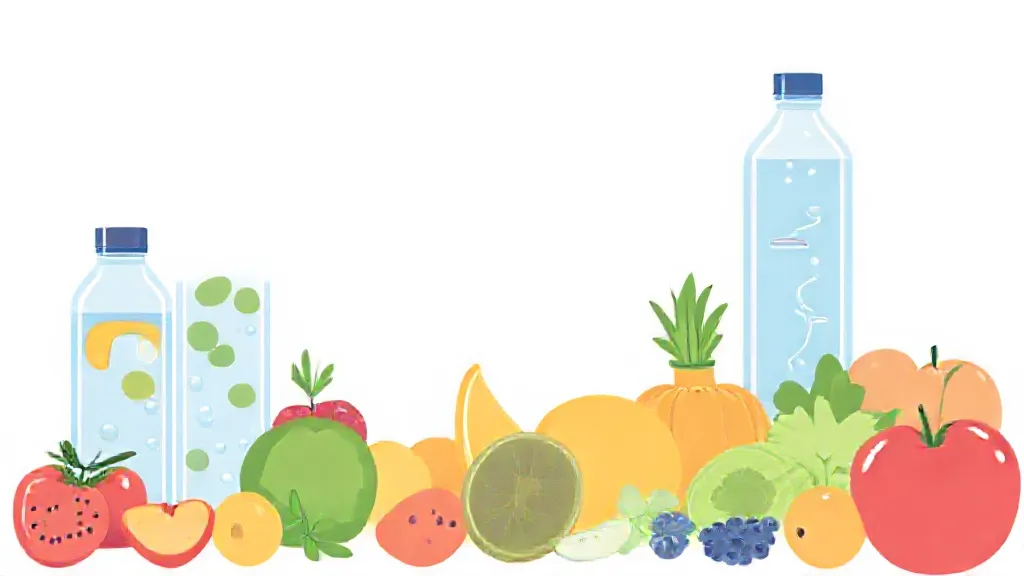Hydration is essential for maintaining overall health, yet many individuals struggle to consume adequate amounts of water daily. This article delves into the various factors that contribute to hydration difficulties, from lifestyle choices to physiological challenges, and offers insights into improving hydration habits.
The Importance of Hydration
Water is crucial for numerous bodily functions, including temperature regulation, nutrient transportation, and waste elimination.
The human body is composed of approximately 60% water, emphasizing its significance in maintaining optimal health. Dehydration can lead to a range of health issues, including fatigue, headaches, and impaired cognitive function. Understanding why some people fail to meet their hydration needs is vital for promoting better health outcomes.
Lifestyle Factors Influencing Hydration
One of the primary reasons individuals struggle with hydration is lifestyle choices. Busy schedules, sedentary behavior, and reliance on caffeinated beverages can lead to inadequate water intake. Many people prioritize work or social commitments over their hydration needs, often forgetting to drink water throughout the day.
Additionally, those who consume high amounts of caffeine or alcohol may experience increased fluid loss, further exacerbating dehydration.
Physiological Considerations
Certain physiological factors can also impact hydration levels. For instance, individuals with specific medical conditions, such as diabetes or kidney disorders, may have altered fluid needs or experience increased urination, making it more challenging to maintain proper hydration.
Furthermore, age plays a role; older adults often have a diminished sense of thirst and may not recognize when they need to drink water, leading to increased susceptibility to dehydration.
Psychological Barriers to Hydration
Psychological factors can hinder hydration as well. Some individuals may not perceive drinking water as a priority or may have developed a preference for sugary or flavored beverages.
This can create a cycle where the habit of drinking water is neglected, leading to chronic dehydration. Additionally, factors such as stress and anxiety can influence eating and drinking habits, further complicating hydration efforts.
Environmental Influences on Hydration
The environment also plays a significant role in hydration.
Hot and humid weather can increase sweat production, leading to a higher demand for fluids. Conversely, cold weather can reduce the desire to drink water, as people may not feel as thirsty. Additionally, individuals who engage in physical activity outdoors must be particularly vigilant about their hydration levels, as exercise increases fluid loss through sweat.
Cultural Attitudes Towards Hydration
Cultural perceptions of hydration can vary significantly, affecting individuals' water consumption habits. In some cultures, drinking water may not be emphasized as a vital part of daily life, while in others, it may be integrated into meal practices. Understanding these cultural differences is crucial for developing effective strategies to promote hydration in diverse populations.
Strategies for Improving Hydration
To combat hydration struggles, individuals can adopt several strategies. Setting reminders to drink water throughout the day, carrying a reusable water bottle, and incorporating water-rich foods into the diet can help increase overall fluid intake. Additionally, flavoring water with fruits or herbs can make it more appealing, encouraging individuals to drink more.
Conclusion: The Path to Better Hydration
Understanding the multifaceted reasons behind hydration struggles is essential for addressing this common health issue. By recognizing the lifestyle, physiological, psychological, environmental, and cultural factors at play, individuals can take proactive steps to improve their hydration habits. Ultimately, prioritizing hydration is a crucial component of maintaining overall health and well-being.
